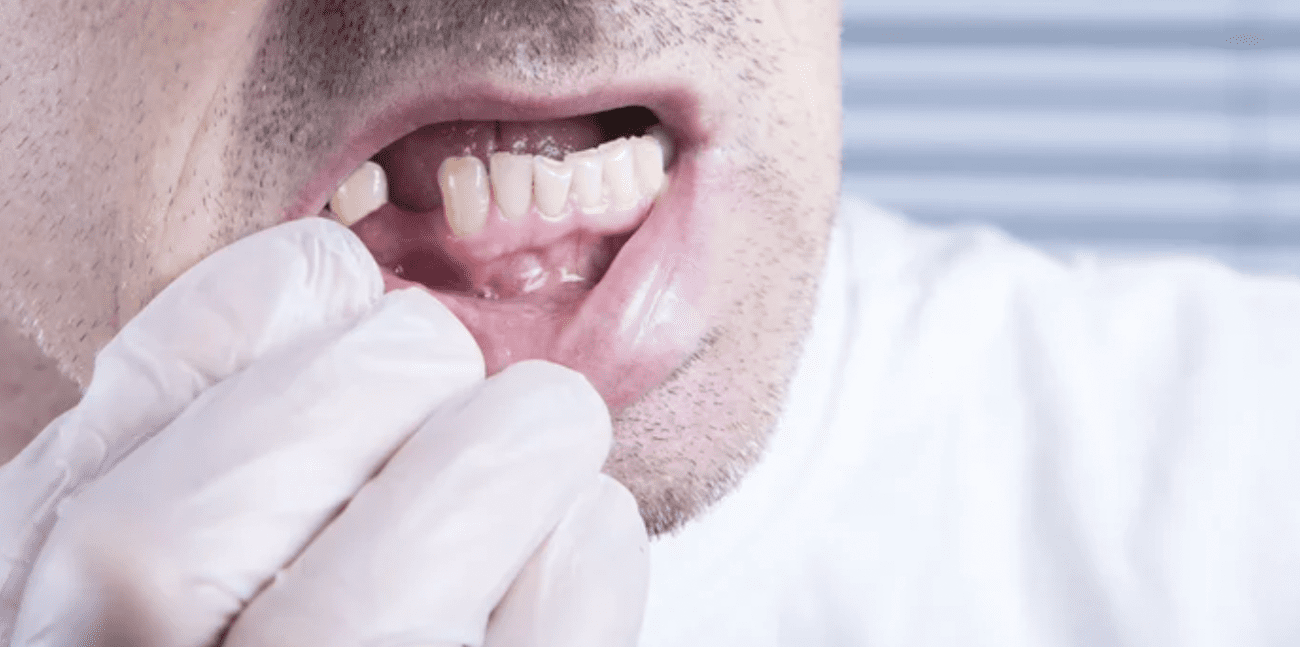Tooth extraction, also known as exodontia, is a common dental procedure that involves removing a tooth from its socket in the jawbone. Typically, Dr. Naguib will try to save natural teeth whenever possible.
However, there are certain situations where extraction may be necessary to preserve overall oral health. Here are some reasons why you might need a tooth extraction.

Severe Decay or Damage
If a tooth is extensively decayed or damaged, it may not be possible to save it with a filling, crown, or other restorative treatment. In these cases, extraction may be the only viable option to prevent the spread of infection or further damage to neighboring teeth.
Crowding
An overcrowded mouth can cause misalignment and other orthodontic issues. In some cases, removing one or more teeth can create more space and improve overall alignment and bite.
Impacted Teeth
An impacted tooth is one that has failed to emerge fully from the gum line or has emerged at an angle that is causing pain or damage to surrounding teeth. Commonly, wisdom teeth are impacted and may require extraction to prevent infection, crowding, or damage to adjacent teeth.
Periodontal Disease
Advanced periodontal disease, also known as gum disease, can cause the gums and bone to recede from the teeth. If the condition is severe, teeth may become loose or fall out on their own. In some cases, a dentist may recommend extraction to prevent further damage and reduce the risk of infection.
Infection
A severe infection in the tooth or surrounding tissue can cause significant pain, swelling, and fever. If antibiotics and other treatments do not effectively address the infection, extraction may be necessary to prevent the spread of the infection to other parts of the body.
Orthodontic Treatment
In some cases, teeth may need extraction as part of orthodontic treatment to create space and align the teeth properly.
Fractured Teeth
A fractured or broken tooth that is beyond repair may need extraction from a dentist to prevent infection and pain. When a tooth is fractured, it can cause severe pain or discomfort when eating or even resting.
Additionally, it can increase the risk of tooth decay or infection. This is because a fracture damages the enamel, which protects your teeth from harmful bacteria. Fractures allow bacteria to enter the tooth, causing decay.
It’s important to note that tooth extraction is not always the first option. A dentist will typically try to save a natural tooth whenever possible through various restorative procedures.
However, in some cases, extraction may be necessary to prevent further damage and preserve overall oral health.
If you’re experiencing tooth pain or have concerns about the health of your teeth, it’s important to see your Premier Dental Care team as soon as possible. They can evaluate your oral health and determine whether extraction or other treatments are necessary to address any underlying issues.
While the thought of a tooth extraction can be intimidating, the procedure is typically straightforward with minimal discomfort and pain.
Tooth Extraction FAQs
Is a tooth extraction procedure painful?
No, the procedure itself isn’t painful. Your dentist will numb the area completely before removing the tooth. You might feel pressure but not pain. After the numbness wears off, some soreness is normal, but it’s usually manageable with over-the-counter pain medicine.
What can I expect during recovery after a tooth extraction?
Recovery typically takes a few days. You might have mild swelling, soreness, or bleeding in the first 24 hours. Rest, avoid heavy activity, and follow your dentist’s care instructions. Most people start feeling better within 2 to 3 days, with full healing taking about one to two weeks.
Can I eat normally after a tooth is removed?
Not right away. Stick to soft, cool foods for the first day or two. You should think of yogurt, mashed potatoes, or scrambled eggs. Avoid hot, crunchy, or spicy foods, and don’t use a straw. Once the area starts healing, you can slowly return to your normal diet.>
Do wisdom teeth always need to be extracted?
Not always. If they come in straight, don’t crowd other teeth, and stay healthy, they can sometimes remain. But many people don’t have enough space, or the teeth come in at an angle. Your dentist will use X-rays to decide if removal is the best option.
Will my face swell after the procedure?
Yes, some swelling is common, especially with wisdom tooth extractions. It usually peaks around day two and starts going down after that. Applying a cold pack and keeping your head elevated can help reduce it. Swelling typically lasts 3–5 days.
What are dry sockets, and how can I prevent them?
Dry socket occurs when the blood clot at an extraction site dislodges or dissolves too early, exposing bone and nerves. This painful condition typically develops 3-5 days after tooth removal, especially after wisdom teeth extraction. To prevent dry sockets, avoid smoking, drinking through straws, and vigorous rinsing for at least 72 hours after surgery.
Follow your dentist’s aftercare instructions carefully, including taking prescribed medications and eating soft foods. Patients with a history of dry socket, smokers, and women taking oral contraceptives face a higher risk and should take extra precautions during healing.
